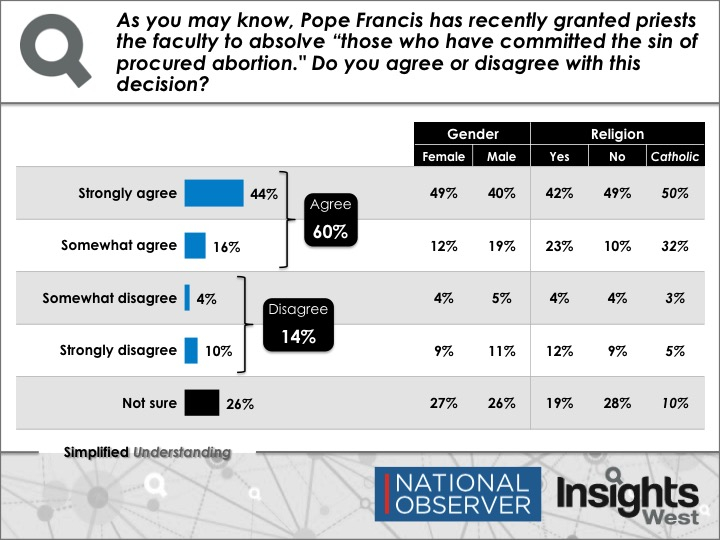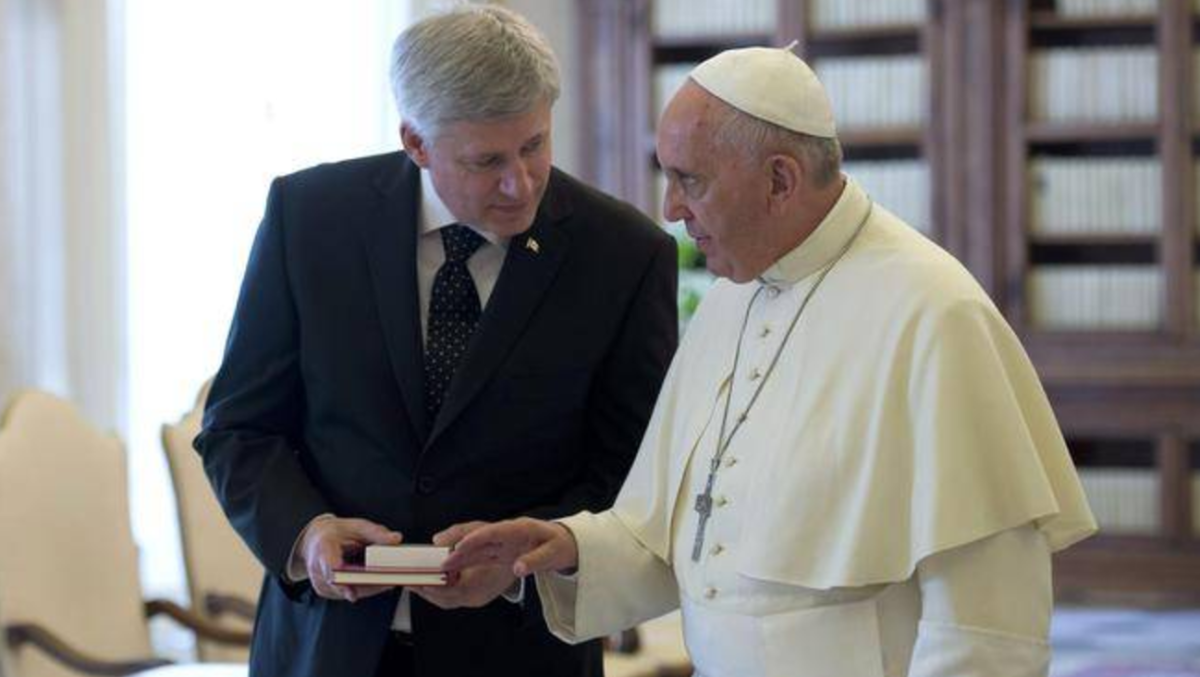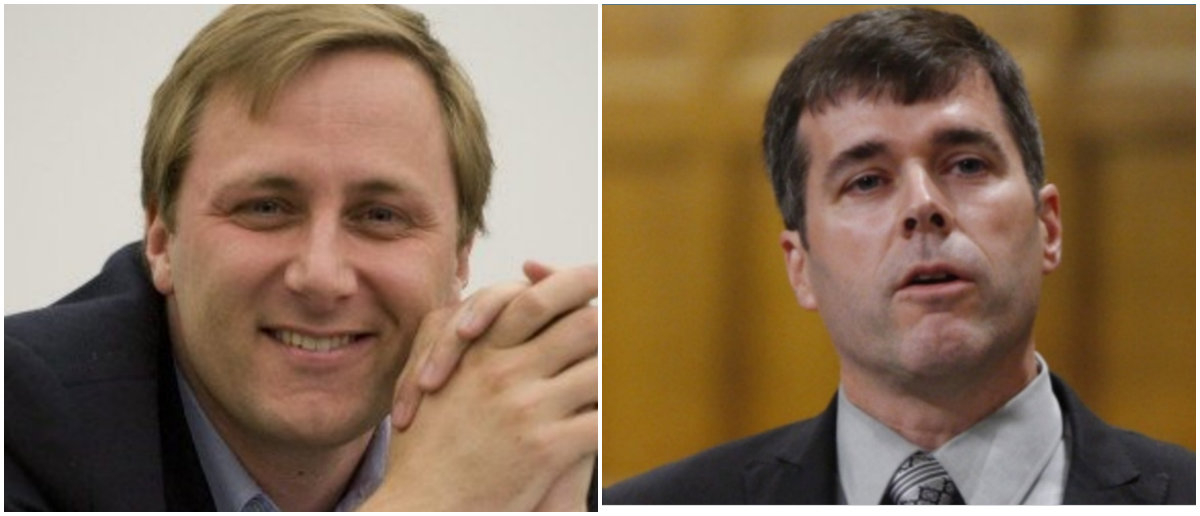Support strong Canadian climate journalism for 2025
In February 2006, as Stephen Harper began his tenure as prime minister, federal Conservative Party supporters wondered aloud when certain policies related to morality would be discussed and, if possible, repealed. Along with same-sex marriage, one of the most salient issues was abortion.
The absence of a specific law related to the circumstances in which a pregnancy can be terminated in Canada has always been a sore spot for both sides of the abortion debate. Opponents of abortion were enticed in 2006, formally and informally, to wait until the government had a majority in the House of Commons to expect action on this front.
In 2011, the Conservatives had a majority of seats in the House, but no action was taken. In 2015, the Conservative government was defeated.
In the early stages of the Tory leadership race, some candidates have chosen to concentrate on “morals” while others have focused on issues like immigration or taxation. Over the past two weeks, the appearance of a television personality as a contender has commanded the spotlight and overshadowed discussions about issues and policies.
From January 12 to January 17, 2017, Insights West asked a representative sample of 1,007 Canadians — including those who voted for the Conservative Party in 2015 — about abortion and the leadership race. Our online survey showed that Canadians have little interest in change.

Among 15 different policies that have been discussed in the Conservative leadership race, one of the most unpopular was “placing limits on abortion.” The idea, floated around in different forms by Brad Trost and Pierre Lemieux, found the support of only 25 per cent of Canadians and 37 per cent of Conservative voters. Other topics surveyed include Chris Alexander's plan to increase immigration to 400,000 people annually, Kellie Leitch's immigration screening plan, and Maxime Bernier's plan to end federal transfer payments to the provinces for health care.
Canadians are opinionated, but their appetite for action on abortion is feeble at best. The poll results indicate the proposals by the two candidates are not supported by many Canadians and are not particularly attractive to Conservative voters. Perhaps the former prime minister read the public well and knew precisely what not to touch.
Aside from the political implications of any changes to abortion regulations, religion has traditionally played a role in these discussions. An analysis of three questions related to abortion shows that the views of Canadians who practice a religion, and those who define themselves as Catholics, are not that different from the rest of the population.

A majority of Canadians (57 per cent) believe abortion should be legal in Canada under any circumstances — a proportion that includes 46 per cent of those who practice a religion and 51 per cent of Catholics. In addition, half of Canadians (51 per cent) believe the health care system should fund abortions whenever they are requested. This number includes 43 per cent of those who practice a religion and 51 per cent of Catholics.
Finally, we must look at reaction to the unexpected dictum from Pope Francis, who recently granted priests the faculty to absolve “those who have committed the sin of procured abortion.” Three in five Canadians (60 per cent) agree with the pontiff, as well as 65 per cent of those who practice a religion. Among Catholics, agreement with the Pope’s decision reaches an eye-catching 82 per cent.
Most Canadians and Canadian Catholics are satisfied with the status quo on the legality of abortion and its funding by the health care system. The Pope’s recent statement was embraced in an extraordinary fashion by his flock.
It seems astonishing that the Pope is more in touch with the true feelings of Canadians on morality than two of the Conservative leadership contenders.




Comments